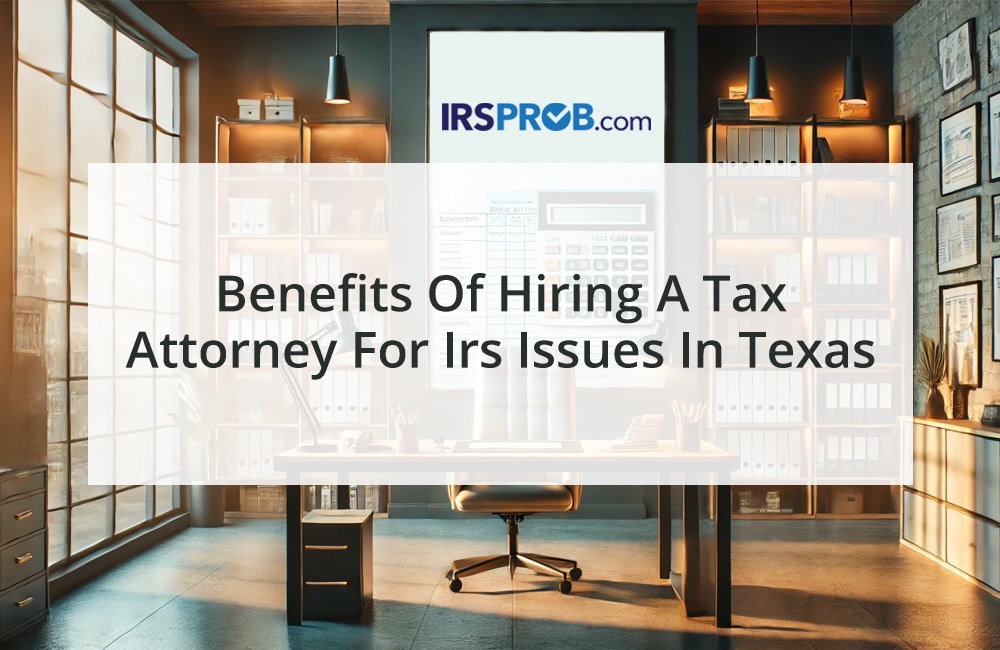Biden’s Nominee for IRS Commissioner, Daniel Werfel, pledges not to increase Audits on Middle- & Working-class Taxpayers
As a CPA and expert in tax issues, I am pleased to report that President Biden’s nominee to lead the IRS, Daniel Werfel, has pledged not to increase audits on middle- and working-class taxpayers. This is excellent news for many taxpayers who have been concerned about the agency’s plans to increase enforcement on wealthy taxpayers and corporations.
However, as a middle-age American male, I know better…
Werfel, who previously served as acting IRS commissioner in 2013, has been tapped by the White House to lead the agency as it receives an additional $80 billion over 10 years to revitalize its operations and modernize its decades-old IT infrastructure. Werfel’s foremost task would be to decide how to allocate that money, and he has stated that his priority would be to use the funds to improve customer service.
The IRS’s interim leadership is set to submit a spending plan to Treasury Secretary Janet L. Yellen on Friday, and Werfel is not likely to receive a confirmation vote from the Senate until March. However, he has already made it clear that he will abide by Yellen’s directive not to use the funding to increase audits of taxpayers making less than $400,000 per year.
This commitment from Werfel and Yellen is an important step in ensuring that the IRS is focused on providing excellent service to taxpayers, rather than increasing enforcement on those who can least afford it. The Biden administration has made tax policy a key component of its pandemic recovery and financial policy operation, and it is important that the IRS is equipped to handle the demands of administering massive economic and social programs, including multiple rounds of covid-19 stimulus payments and monthly child tax credit subsidies.
There have been some concerns about the slow rollout of new Biden-era tax provisions, including electric vehicle tax credits and reporting requirements for transactions made through third-party payment apps. However, with Werfel at the helm, I am confident that the IRS will be able to navigate these challenges and provide the excellent service that taxpayers deserve.
In conclusion, Werfel’s commitment not to increase audits on middle- and working-class taxpayers is an important step in ensuring that the IRS is focused on providing excellent service to all taxpayers. With the additional funding from the Inflation Reduction Act, the agency has the opportunity to modernize its operations and improve its customer service apparatus. I look forward to seeing how Werfel will allocate the funding and lead the IRS in the coming years.







